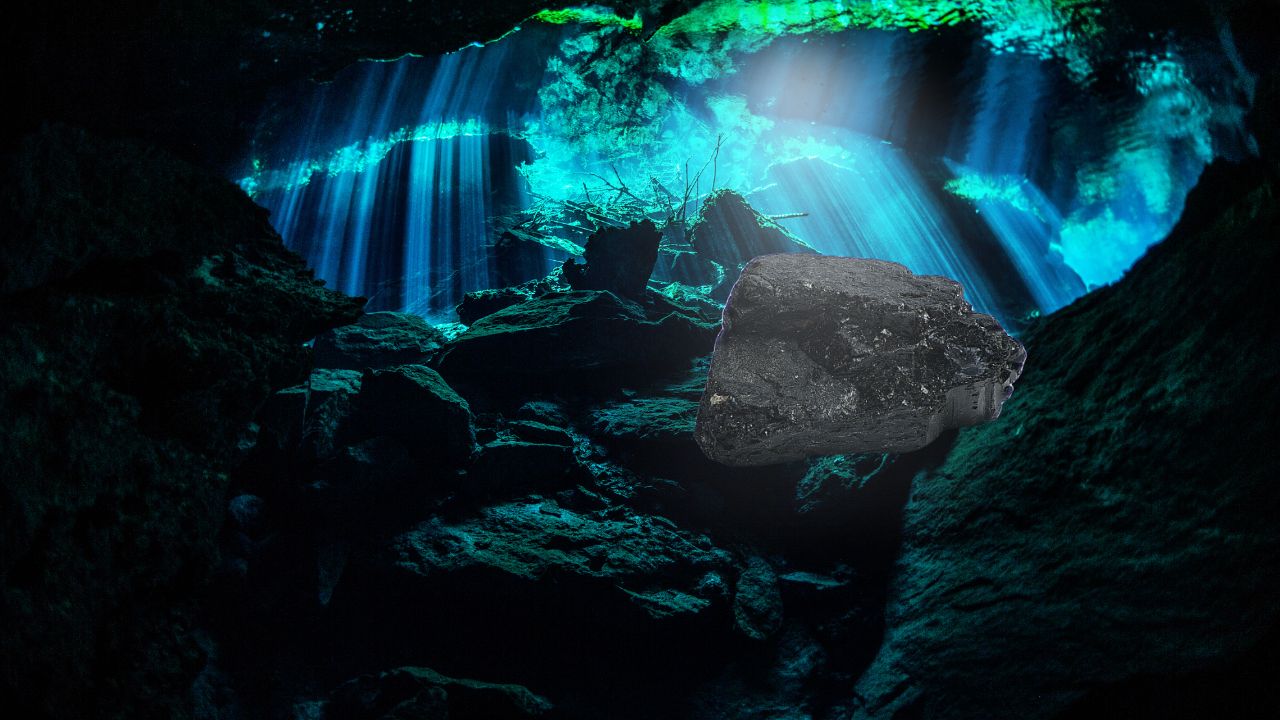In the uncharted depths of our oceans, where sunlight never penetrates and pressure is immense, scientists have uncovered an astonishing phenomenon: the production of “dark oxygen.” This groundbreaking discovery is challenging our understanding of oceanic oxygen production and has significant implications for marine ecosystems and beyond.
The Oxygen We Breathe: A Marine Gift
Oxygen is fundamental to life on Earth, and while we often attribute its production to terrestrial plants, about half of the oxygen we breathe originates from the ocean.
Traditionally, this oxygen was believed to be produced by marine plants and phytoplankton through photosynthesis—a process that requires sunlight. However, the discovery of dark oxygen in the ocean’s abyss has turned this understanding on its head.
Discovery in the Depths
At a staggering depth of 5 kilometers, where sunlight cannot reach, scientists have found metallic nodules scattered across the seafloor that are capable of producing oxygen.
These nodules, composed of naturally occurring metals, perform a remarkable chemical reaction.
They split seawater (H2O) into hydrogen and oxygen, much like batteries generate electricity. When placed in water, these nodules act like natural batteries, creating electric currents that split water molecules into hydrogen and oxygen gases.
Laboratory Evidence
Researchers conducted laboratory experiments to test this phenomenon. They collected potato-sized metal nodules from the seafloor and measured the electric currents they generated.
Remarkably, the currents were comparable to those produced by a standard AA battery. When these nodules sit together on the ocean floor, they generate sufficient power to split water molecules, producing oxygen without any need for sunlight or biological processes.
Implications for Marine Life
The discovery of dark oxygen has profound implications for marine life. The deep ocean is home to a myriad of unique and mysterious creatures, from the bioluminescent anglerfish to the elusive giant squid.
The presence of an oxygen source at such depths suggests that there could be entire ecosystems sustained by this dark oxygen.
This revelation prompts a reevaluation of the deep ocean’s biodiversity and the mechanisms that support life in these extreme environments.
Extraterrestrial Prospects
Beyond Earth, the discovery of dark oxygen opens new possibilities in the search for extraterrestrial life. If similar battery-powered oxygen production can occur on Earth, it might also be possible on other moons and planets.
For instance, Europa, one of Jupiter’s moons, has a subsurface ocean beneath its icy crust. The presence of metallic compounds and water on Europa raises the tantalizing prospect of dark oxygen production, potentially creating oxygen-rich environments where life could exist.
Threat from Seabed Mining
However, this groundbreaking discovery faces a significant threat: seabed mining. Several mining companies have plans to extract these metallic nodules for their valuable resources. Marine scientists fear that this activity could disrupt the newly discovered oxygen production process and devastate marine ecosystems that rely on it. The Clarion-Clipperton Zone, where these nodules were discovered, is already a hotspot for seabed mining exploration.
The US National Oceanographic and Atmospheric Administration (NOAA) has warned that seabed mining could destroy marine life and habitats in the mined areas.
Over 800 marine scientists from 44 countries have signed a petition urging a pause on seabed mining activities. They emphasize the need to fully understand the environmental impact before proceeding with such operations.
A Call for Caution
The discovery of dark oxygen highlights how much we have yet to learn about the deep ocean. It’s often said that we know more about the surface of the Moon than the depths of our oceans. Before we rush to exploit these underwater resources, it’s crucial to understand their role in the ecosystem fully.
Protecting the deep ocean and its secrets is vital. The discovery of dark oxygen is a reminder of our planet’s mysteries.
As we continue to explore and understand these hidden realms, we must balance our quest for knowledge with the responsibility to preserve and protect these fragile ecosystems.



